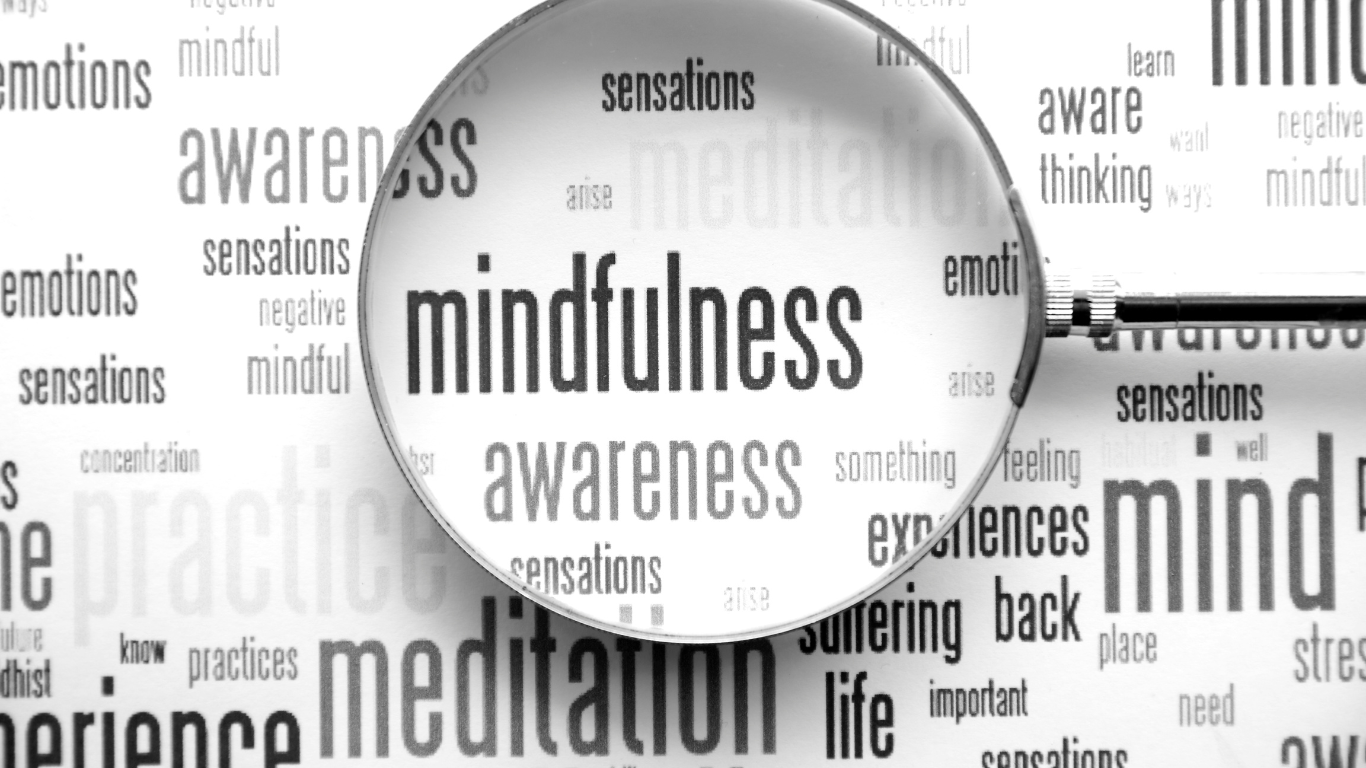
Incorporating practices such as meditation, deep breathing exercises, or body scans into our daily routine can help cultivate these skills over time, ultimately supporting us in managing our emotions. This is a useful skill given that our emotional state can lead to anxiety and stress – well-documented contributors to poor performance and health complications
Mindfulness practice is important in transitions for several reasons:
- Emotional Regulation: Transitions often bring about a range of emotions, including stress, anxiety, excitement, and uncertainty. The practice helps regulate these emotions by allowing individuals to observe their feelings without judgment and respond to them in a more balanced way.
- Reduced Stress and Anxiety: These practices have been shown to reduce stress and anxiety levels. By staying present and focused on the current moment, individuals can alleviate some of the worry and rumination that often accompany transitions.
- Increased Resilience: Transition periods can be challenging and require adaptability. Practicing fosters resilience by helping individuals cultivate a mindset of acceptance, flexibility, and openness to change. I’m reminded of a colleague and friend who has meditated for decades and discovered how much more grounded they felt when dealing with an ailing family member. Their settledness also provides them solace with tensions that come up with other family members – who do not meditate regularly – who are more easily rattled when facing the illness of that same family member.
- Improved Decision-Making: Develop your practice to enhance clarity of thought and concentration, which can improve decision-making during transitions. By staying present and grounded, individuals can make more thoughtful and intentional choices about their next steps. This can be particularly useful when addressing obstacles that can get in the way during the Life Planning process.
- Enhanced Coping Skills: Mindfulness provides individuals with effective coping strategies for dealing with the uncertainties and challenges of transitions. By developing a greater capacity to stay present with difficult emotions and situations, individuals can navigate transitions with greater ease and confidence.
- Promotion of Self-Awareness: Transitions provide opportunities for self-reflection and personal growth. Mindfulness enhances self-awareness by encouraging individuals to observe their thoughts, feelings, and behaviors without judgment. This self-awareness can lead to deeper insights and a greater understanding of oneself during times of change.
- Improved Relationships: Regular practice fosters enhanced communication and deeper empathy, which can strengthen relationships during transitions. By being fully present with others and actively listening to their experiences, individuals can build stronger connections and provide support to one another.
By cultivating mindfulness during transitional periods, individuals can adapt more effectively to new circumstances and embrace the opportunities for growth and transformation. That is what transitions generate and why remaining grounded is of great importance.
Learn how to Harness the Benefits of Mindfulness
